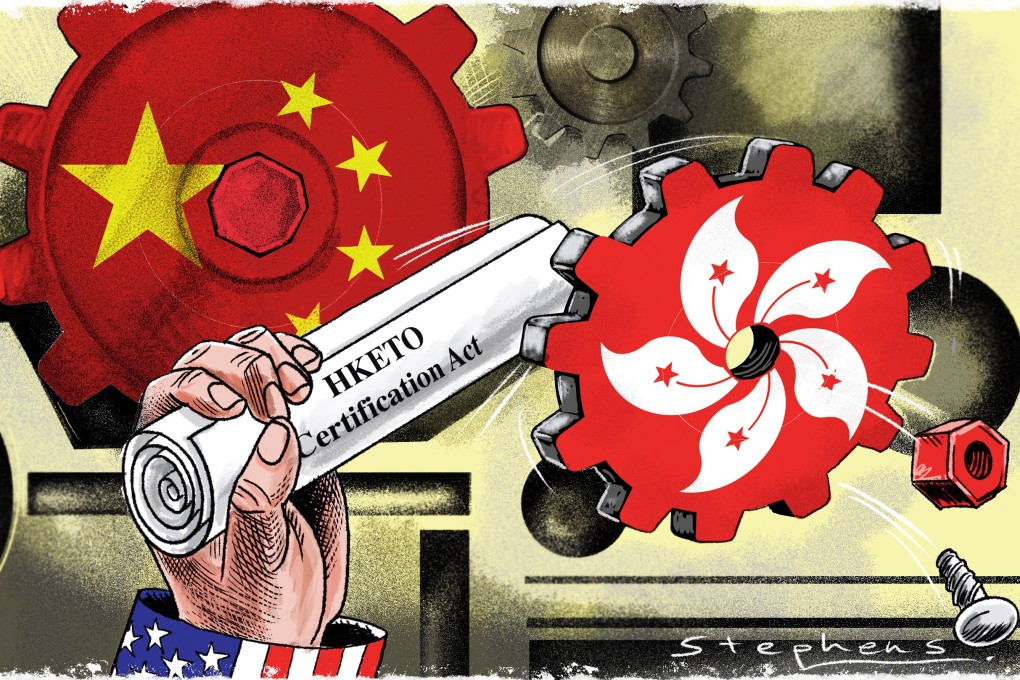Opinion | Why is the US trying to kill off Hong Kong’s trade autonomy?
Hong Kong’s capitalist system depends on its ability to exercise its trade and economic freedoms enshrined in the Basic Law. The city must defend them

This framework allowed Hong Kong to retain its capitalist system after the handover. The resultant provision in Article 5 of the Basic Law states: “The socialist system and policies shall not be practised in the Hong Kong Special Administrative Region, and the previous capitalist system and way of life shall remain unchanged for 50 years.”
Chapter V of the Basic Law acts as a charter for capitalism, granting Hong Kong autonomy in all its economic affairs. The city “shall be a separate customs territory” and may “participate in relevant international organisations and international trade agreements”.

